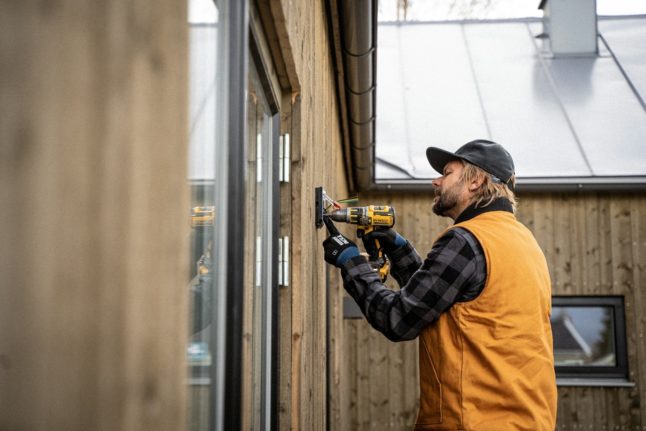For anyone living in Austria, it’s no surprise that the cost of living has skyrocketed in the past year due to high inflation.
But is everything really as bad as the news reports would have us believe? Or are some things in Austria cheaper than back home?
To find out more we asked readers of The Local to tell us what is surprisingly cheap in Austria.
FOR MEMBERS: Water, waste collection, parking: How Vienna will get more expensive in 2023
Affordable public transport
The results from our latest poll shows that 44 percent of those surveyed consider transport in Austria to be fairly cheap – especially when compared to their home countries.
Louise from England but living in Innsbruck said: “Buses are a lot cheaper than in the UK.”
And Olivier from France specifically referenced the annual pass for the Wiener Linien, Vienna’s public transport operator. The pass costs €365, which means Vienna’s residents can access to public transport for just €1 per day.
To compare, an annual pass for Berlin’s S-Bahn network is €761, and in Switzerland an adult annual pass for all zones is €2,226 for second class.
READ MORE: Tax cuts and bonus payments: Austria’s financial measures that will benefit people in 2023
“Reasonable” rent prices in Vienna
In second place was accommodation with 22 percent saying it was or cheap – or cheaper – in Austria.
Phillip from Australia said “rent in an Altbau apartment in a central location” is affordable in Vienna. This was echoed by Sean from New Zealand who described rent in Austria as “reasonable”.
But Tomas from Lithuania said: “Housing (rents) in Vienna is not cheap but cheaper when compared to other similar cities in Europe. This is all thanks to good regulation and a large supply of social housing in Vienna which helps to reduce prices on the private rental market.”
In Vienna, the average price for a one bedroom apartment in the city centre is €915, going up to €2,000 for a three bedroom apartment, according to Expat Arrivals.
“Cheaper” alcohol
Almost 17 percent of respondents said food and drink was cheap in Austria.
Louise in Innsbruck said: “Alcohol is surprisingly cheaper here too.”
However, Louise is from the UK where alcohol is often expensive to buy due to a sliding tax rate depending on the strength.
For example, beer with an alcohol strength of 1.2 to 2.8 percent is taxed at 8.42p per litre. This rises to 19.08p per litre for 2.8 to 7.5 percent alcohol, and up to 24.77p for beer that is stronger than 7.5 percent.
Whereas alcohol in Austria is taxed differently with a flat rate of €1,200 for every 100 litres of pure alcohol. The result is cheaper alcohol with a domestically produced 0.5 litre bottle of beer in an Austrian supermarket costing on average just 99c. In the UK, the average price is £1.99.
READ NEXT: EXPLAINED: How to keep energy bills down in Austria
Is Austria actually an affordable place to live?
When asked if Austria is affordable, many respondents said yes – but only when it comes to certain aspects of the cost of living. Location also plays a factor with several respondents living outside of Vienna saying Austria is not affordable.
Olivier from France said Vienna is “cheaper than lots of other European capitals for the quality of life”. And Nikola from Serbia said there is “good purchasing power” in Austria.
Tomas in Vienna said: “Yes, but only if you also work in Austria. The earnings to costs ratio allows most people to make ends meet. And some can maintain a really high standard of living.”
But Martina from Croatia, who lives in Neuhofen an der Krems in Upper Austria, said: “Everything is way more expensive than in my native country.”
Finally, Hiro from Japan described the cost of living in Austria as “so-so”.



 Please whitelist us to continue reading.
Please whitelist us to continue reading.
Member comments